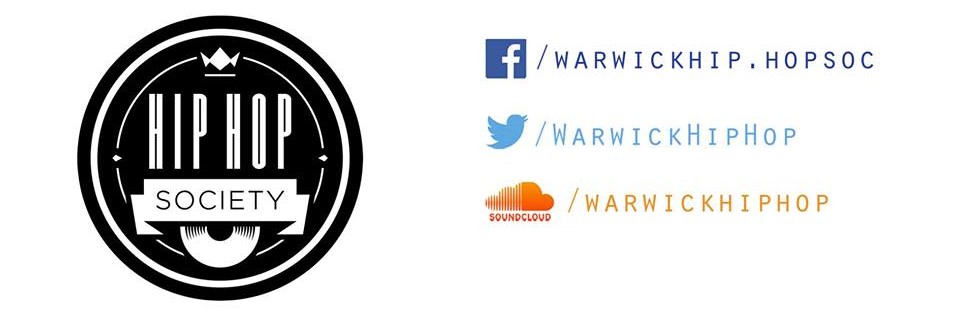Hip-Hop Weekly: Violence in hip-hop
Violence in Hip-Hop has continuously been perceived as a major problem since the genre was birthed. From groups such as N.W.A, to artists such as DMX, violence is a constant theme in their music that you could say, adds to the hype and gets people pumped. However, it has often been thought that violence in hip hop is more than just an animated theme. Music in general is very influential to its listeners and thus, Hip-Hop has been seen to promote violence and consequently, crime. Even so, does it mean listeners are directly influenced by them? And if they aren’t – does it still make it okay? Is it morally right?
To me, even if listeners aren’t directly influenced by the violence, I find that they will be influenced somewhat. As human beings, we have very complicated, creative minds which result in us having the ability to turn nothing, into something. Therefore, the violence in songs can convince listeners that it’s a beneficial way of life and lead them into doing things they wouldn’t have even thought of before. A good example of fatal influence is in the metaphorical case of Eminem’s obsessed fan, Stan. Stan continuously writes letters to Eminem portraying his love for his music, but he does not receive any replies as Eminem does not receive these letters in a timely manner. However, Stan is convinced that Eminem is just ignoring his fan mail and this drives him to tie up his pregnant girlfriend, put her in a trunk, and drive off a bridge… killing them both. Later, Eminem finally gets the chance to reply to Stan and talks about some random killing that he heard about in the news, only to realise the killing was actually carried out by the person he’s writing to. Although fictional, this storyline illustrates the extent to which listeners can be influenced and occasionally obsessed with artists and follow what they do. With cases like these being a real possibility, is violence in Hip-Hop still a message that artists should be relaying to their fans?
N.W.A. were products of their environments, portraying their daily experiences
On the other hand, aren’t hip-hop artists rapping about what they experience on a daily basis? For some artists, this includes violence as violence is all they have been around and all they know. This is true in the case of the hip-hop group N.W.A.; an American hip-hop group from Los Angeles, California formed in 1986 and were known for their explicit hatred towards the American police system. Their lyrics were so violent and misogynistic that they were banned from mainstream radio and television, as it was believed that it promoted defiance of the law enforcement as well as crime. But, N.W.A stated that their songs were not made to encourage violence and crime, they were made to share their daily experiences with the world and unfortunately, their daily experiences include violence. This shows that N.W.A. were just products of their environments, portraying their life experiences through music and as a result, listeners were influenced by this and reacted in their own manner. This example shows that not all artists create their music solely to teach others violence, but how violence is just a characteristic of their music.
So to answer the question, yes. Violence in Hip-Hop does promote crime, however this promotion is indirect. Music is subjective, so people will choose how they interpret things from it and therefore if one wants to view a song as violent, one will do. Nevertheless, the important fact is that not all of the blame can be put on the artists who make the music, but also the listeners who interpret the music. What we have to recognise from this is that there are many perceptions to one song, or one story. What is a daily experience to one, could be an idea and an influence on another.

Comments (1)
I’m glad you considered both sides of the debate. I see Hip Hop as modern day rock and roll. The hysteria caused by the genre, mirrors that of early reactions to rock and roll in the 50’s. People will always look for something to blame for the “supposed” corruption of its youth but as you pointed out artists are simply reflecting what is already happening in society. Those who are concerned about Hip Hop maybe need to stop blaming the music and look a bit closer at the institutionally racist structures within society which are leading young black males into believing that crime is their only route out of poverty.